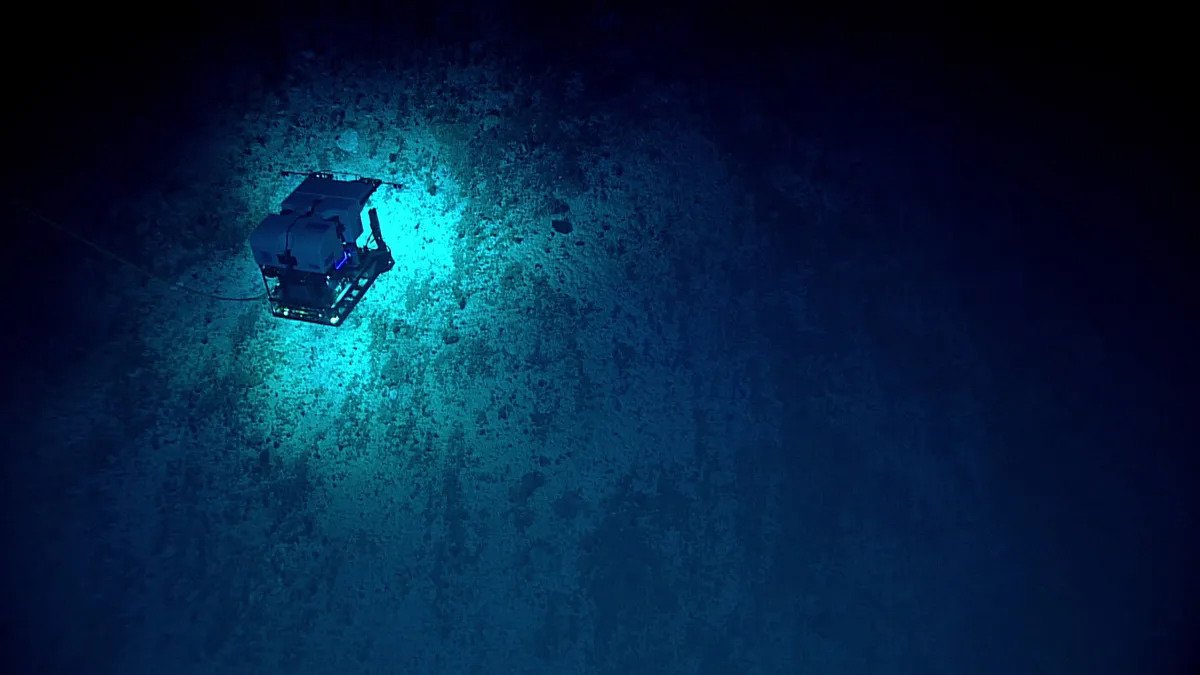Scientists in China find mysterious virus at the bottom of the Mariana Trench
Researchers have found a new virus, identified as a bacteriophage, at a depth of 29,199 feet (8,900 meters).

A new virus found inside the Mariana Trench is believed to be the deepest ever discovered.
The virus, called vB_HmeY_H4907, was found at a depth of 29,199 feet (8,839 meters) inside the Mariana Trench, which drops to about 36,000 feet (11,000 m) at its lowest point on the floor of the Pacific Ocean.
The virus is a bacteriophage — a type of lifeform that infects bacteria before hijacking their cellular machinery to generate more copies of itself.
The researchers published their findings Sept. 20 in the journal Microbiology Spectrum.
Related: Bizarre, never-before-seen viruses discovered thriving throughout the world's oceans
"To our best knowledge, this is the deepest known isolated phage in the global ocean,"lead-author Min Wang, a marine virologist at the Ocean University of China, in Qingdao, said in a statement.
The newly discovered virus infects bacteria in the phylum Halomonas, and does so lysogenically — which means that it inserts its genetic material into the bacterial genome and replicates without killing the bacteria. This could be due to the harsh environments in which both the virus and bacteria evolved, meaning it cannot afford to kill its host.
Sign up for the Live Science daily newsletter now
Get the world’s most fascinating discoveries delivered straight to your inbox.
Halomonas can be found throughout the oceans, including on the Antarctic seafloor and in sediments surrounding deep-sea hydrothermal vents. By conducting a genetic analysis on vB_HmeY_H4907, the researchers discovered that its range is likely just as wide as that of the bacteria it infects.
Little is known about the viruses that populate the deepest regions of the ocean, called the hadal zone, and the newfound virus is only the third known to infect the Halomonas bacteria that lives there.
The bacteria and viruses that live at these depths are so alien to humans that our immune cells do not even register that they exist, making them effectively invisible.
The scientists say that their next step will be to find more mysterious deep-sea viruses and delve into the little-known ways they interact with their hosts.

Ben Turner is a U.K. based staff writer at Live Science. He covers physics and astronomy, among other topics like tech and climate change. He graduated from University College London with a degree in particle physics before training as a journalist. When he's not writing, Ben enjoys reading literature, playing the guitar and embarrassing himself with chess.










